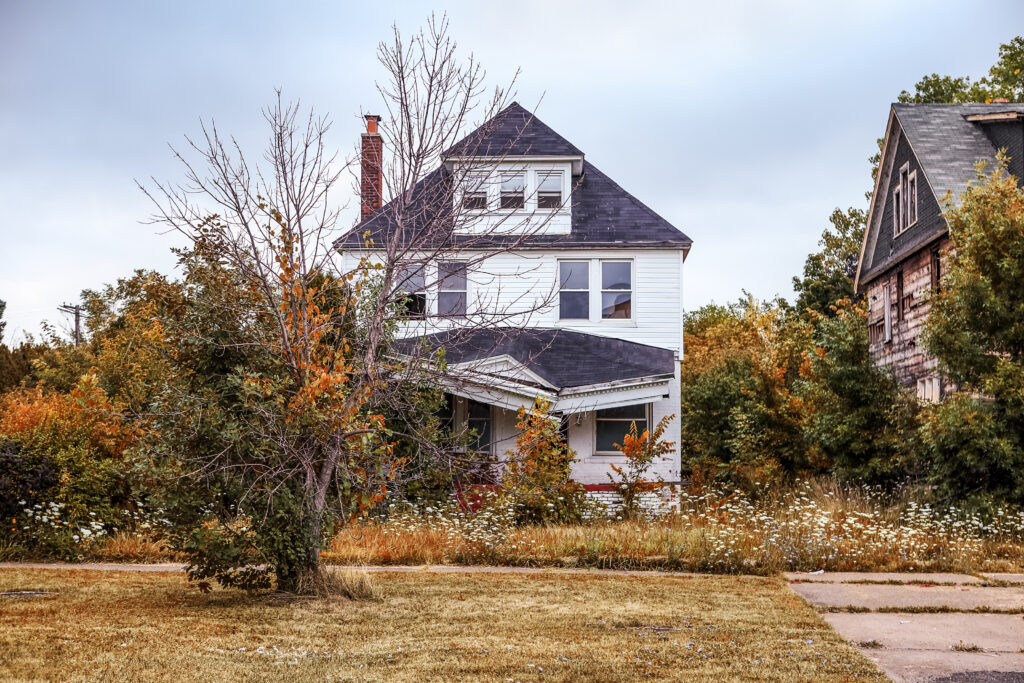
A renovation mortgage, often referred to as a renovation loan, is a type of home loan designed to help borrowers finance both the purchase of a property and the cost of renovating or rehabilitating it. These loans are particularly useful for buyers looking to purchase a home that needs significant repairs, upgrades, or improvements. Here’s a brief description of renovation mortgages:
1. **Combining Purchase and Renovation:** Renovation mortgages allow borrowers to roll the costs of home improvement or renovation projects into their mortgage loan. This means that the purchase price and renovation expenses are bundled into a single loan.
2. **Various Renovation Programs:** Several renovation loan programs are available, including the FHA 203(k) loan, the Fannie Mae HomeStyle Renovation loan, and the VA Renovation loan (for eligible veterans). Each program has its own eligibility criteria and guidelines.
3. **Property Eligibility:** Renovation mortgages can be used for various types of properties, including single-family homes, condominiums, and even multi-unit properties. The property must typically meet certain safety and quality standards.
4. **Renovation Scope:** Borrowers can use the funds from a renovation mortgage to address a wide range of renovation or repair projects, from basic updates like kitchen remodeling to more extensive projects such as structural repairs or adding new rooms.
5. **Loan Amount Calculation:** The total loan amount is typically based on the appraised value of the property after renovations are completed (known as the “after-repair value” or ARV). Lenders consider the cost of repairs, renovation plans, and the current appraised value when determining the loan amount.
6. **Down Payment:** The down payment requirements for renovation mortgages can vary depending on the program and the borrower’s credit profile. Some programs may require a lower down payment compared to traditional mortgage loans.
7. **Renovation Process:** The renovation process typically involves working with contractors or builders to create detailed renovation plans and cost estimates. Lenders may release funds in stages as work is completed, ensuring that the renovation is progressing as planned.
8. **Interest Rates:** The interest rates on renovation mortgages can vary depending on the lender, the specific program, and the borrower’s creditworthiness. It’s essential to compare rates and terms among different lenders.
9. **Mortgage Insurance:** Depending on the program and the loan-to-value ratio, borrowers may be required to pay mortgage insurance, similar to other types of mortgage loans.
10. **Resale Value:** Renovation mortgages can be a smart choice for buyers who want to purchase a property in need of improvements, as they can potentially increase the home’s resale value and allow buyers to customize it to their preferences.
11. **Residential and Investment Properties:** Some renovation loan programs are available for both owner-occupied residential properties and investment properties.
Renovation mortgages offer a flexible financing solution for buyers who want to purchase homes in need of repair or renovation. However, the process can be more complex than traditional home loans, as it involves detailed renovation plans, inspections, and coordination with contractors. Borrowers interested in renovation mortgages should work with lenders experienced in these programs and consider seeking advice from professionals in the construction and renovation industry.